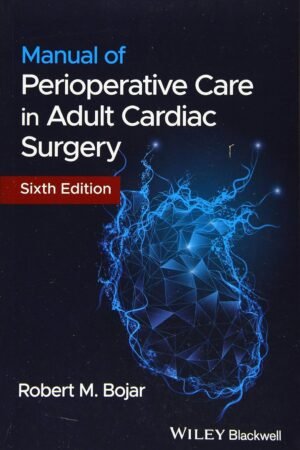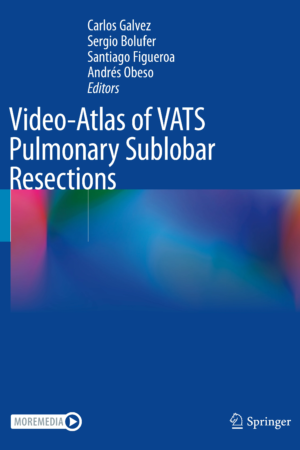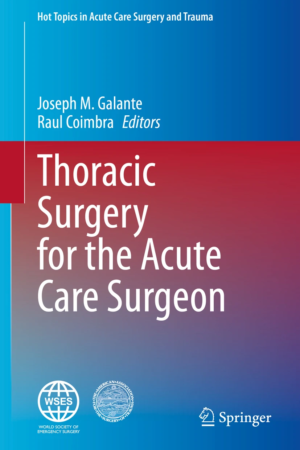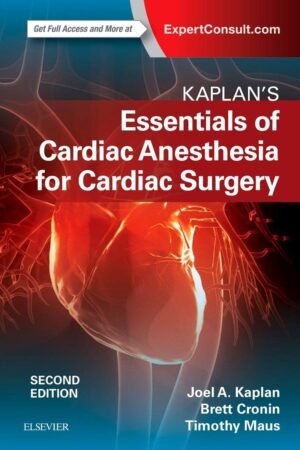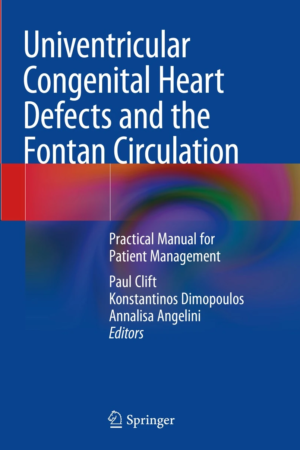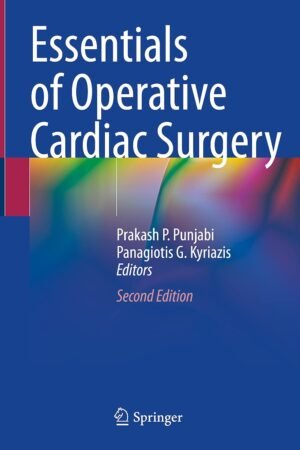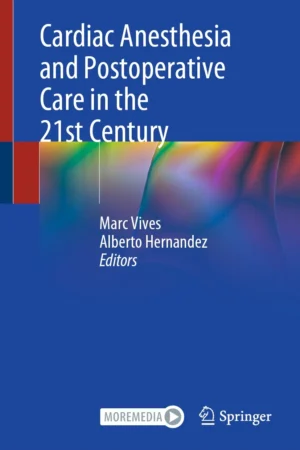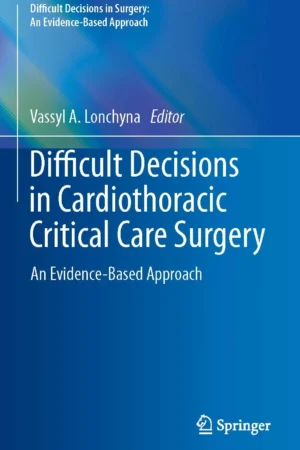Surgical Management of Aortic Pathology PDF
FREE
Surgical Management of Aortic Pathology: Current Fundamentals for the Clinical Management of Aortic Disease PDF – Essential Guide for Cardiovascular Surgeons
The Surgical Management of Aortic Pathology PDF is a comprehensive and authoritative reference that provides clinicians with the latest knowledge and practical strategies for treating aortic disease. Written by leading experts in cardiovascular surgery, this volume combines evidence-based surgical techniques with current advances in diagnosis and perioperative care, making it a critical resource for surgeons, cardiologists, and vascular specialists. Its detailed content ensures both trainees and experienced practitioners have rapid access to updated approaches in managing complex aortic conditions.
Why This Book Matters
Aortic disease remains one of the most challenging areas in cardiovascular medicine, often requiring urgent decision-making and highly specialized surgical expertise. This book offers clinicians the essential foundation for accurate diagnosis, surgical planning, and long-term management of patients with aortic aneurysms, dissections, and related pathologies. By integrating clinical fundamentals with cutting-edge surgical practices, it helps improve patient outcomes in both elective and emergency scenarios.
For updated guidelines and recommendations in aortic disease management, visit the European Society for Vascular Surgery (ESVS) and the American Heart Association (AHA).
Key Features of the Ebook
This reference guide includes:
-
Comprehensive coverage of thoracic and abdominal aortic disease
-
Evidence-based surgical and endovascular techniques
-
Imaging strategies for diagnosis and follow-up
-
Perioperative and postoperative management guidance
-
Algorithms and decision-making tools for complex cases
-
Insights into complications and long-term outcomes
-
Contributions from internationally recognized cardiovascular experts
For complementary references, consult the Journal of Thoracic and Cardiovascular Surgery and the European Journal of Cardio-Thoracic Surgery (EJCTS).
Who Can Benefit
This ebook is designed for:
-
Cardiovascular and cardiothoracic surgeons
-
Vascular surgeons and interventional radiologists
-
Cardiologists specializing in structural and aortic disease
-
Residents and fellows in cardiac surgery training
-
Clinicians managing acute and chronic aortic disorders
For further study, explore Aortic Dissection and Related Syndromes and Cardiac Surgery in the Adult.
Learning and Application Strategies
The book emphasizes both surgical fundamentals and advanced approaches to aortic disease. With step-by-step techniques, detailed imaging guidance, and real-case algorithms, it enables clinicians to make informed decisions and optimize outcomes. Its structured format ensures that both routine and emergency care scenarios are addressed with practical insights.
For additional educational materials, visit the Society of Thoracic Surgeons (STS) and the European Association for Cardio-Thoracic Surgery (EACTS).
Detailed Content Overview
Chapters are organized to cover:
-
Fundamentals of aortic anatomy and pathology
-
Surgical management of thoracic and abdominal aortic aneurysms
-
Aortic dissection and acute aortic syndromes
-
Endovascular and hybrid treatment approaches
-
Imaging, diagnosis, and surveillance strategies
-
Perioperative management and postoperative follow-up
-
Long-term outcomes and complications management
Conclusion
The Surgical Management of Aortic Pathology: Current Fundamentals for the Clinical Management of Aortic Disease PDF is an indispensable reference that bridges surgical expertise with modern clinical practice. By combining evidence-based techniques, practical algorithms, and expert recommendations, it equips clinicians to deliver safe, effective, and advanced care for patients with complex aortic disease.
👉 Download Surgical Management of Aortic Pathology PDF today to enhance your surgical knowledge and clinical practice. For further reading, visit Springer Medicine, explore Journal of Thoracic and Cardiovascular Surgery, and consult the American Heart Association (AHA).




